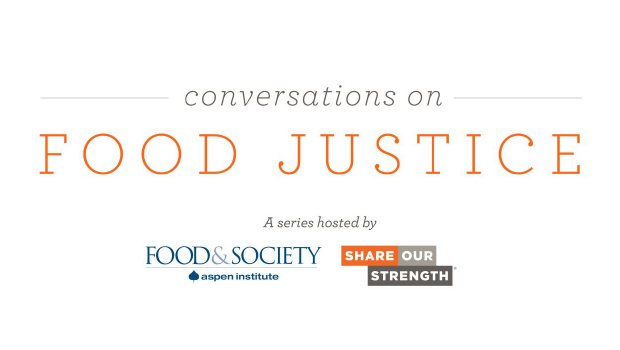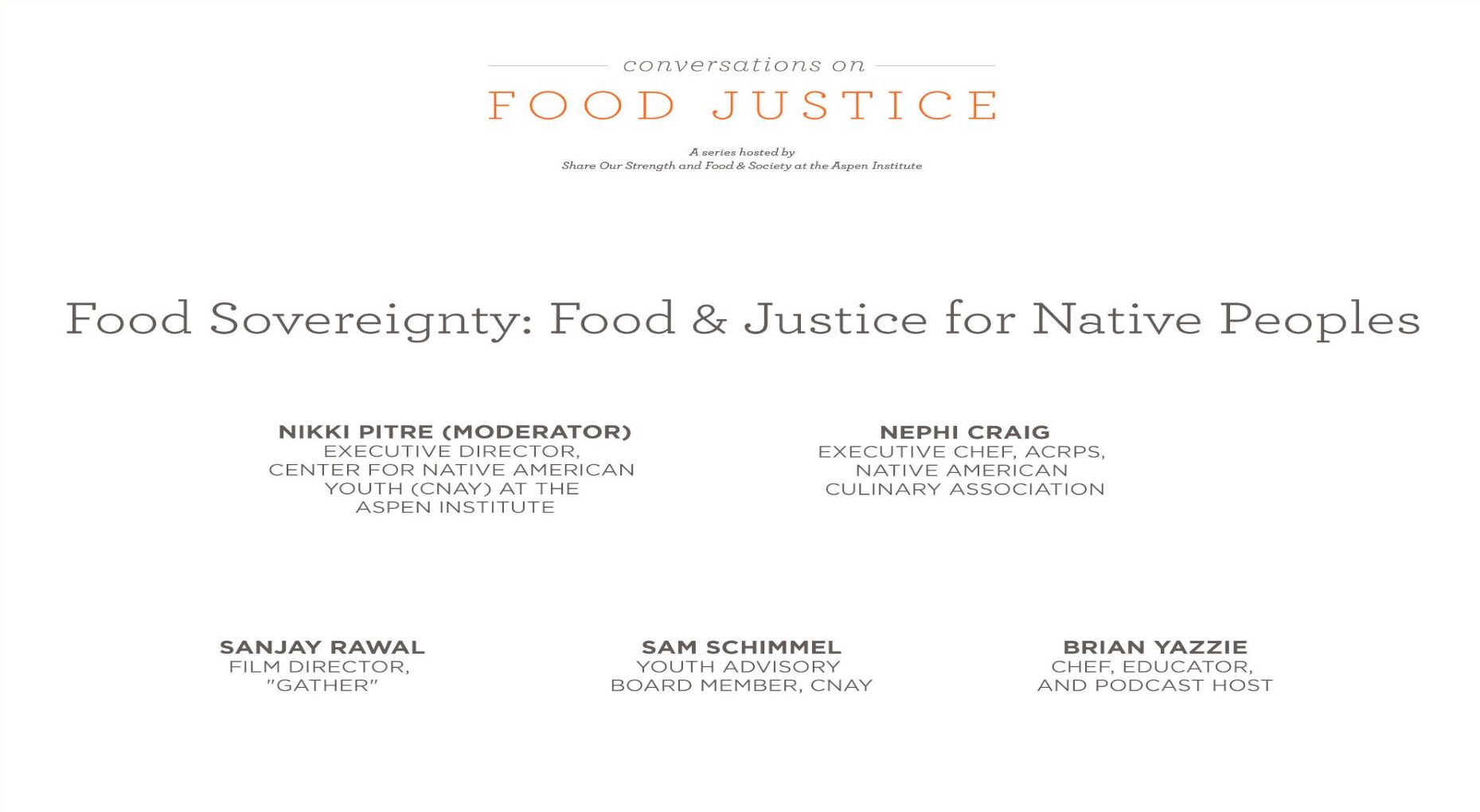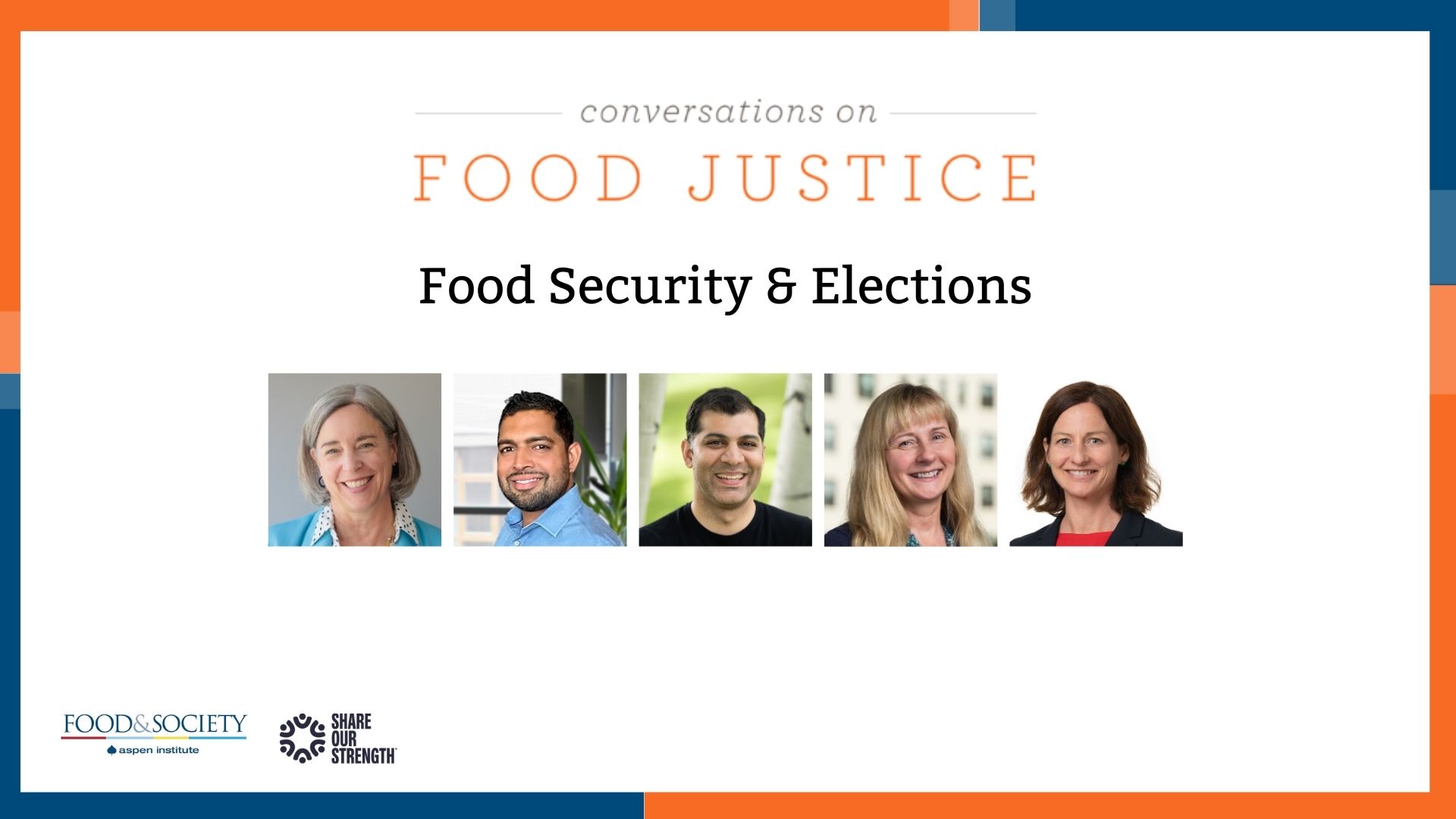The web of our country’s criminal justice system is far and wide and has devastating impacts across multiple sectors of our society. It not only has significant impacts on the health and well-being of the 2 million men and woman in prison across the United States – but on our larger food system and the deep reverberating short-and long-term effects it has on communities and millions of children and families.
In this session, we’ll examine the prison system that traces its roots back to slavery, and the ways in which the conditions facing people in prison — and when they return home — have significant costs when it comes to health, public safety, and human dignity. We’ll also look to the people and organizations that are working to reframe the national dialogue around criminal justice and building food systems based on health, equity, and justice for all incarcerated and free people.
Featured Speakers
- Dr. Douglas Wood, Director of Criminal Justice Reform Initiative at the Aspen Institute
- Kanav Kathuria, Founder at the Maryland Food & Prison Abolition Project
- Sam Lewis, Executive Director, The Anti-Recidivism Coalition
- Vonya Quarles, Executive Director, Starting Over, Inc.



